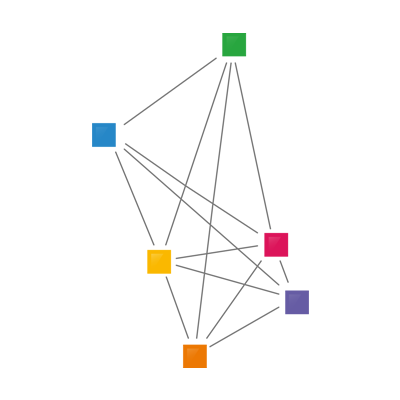Future of digital governance and economy in Serbia (UNDP)
3 Apr 2019 10:30h - 19:00h
Event report
[Read more session reports and live updates from the 2nd Western Balkan Digital Summit]
The session was opened by His Excellency Ambassador of the UK in Serbia, Mr Denis Keefe. He pointed out the benefits which new technologies can bring to the economies in the region. The United Kingdom is one of the biggest contributors and donors in this area with several services being supported through the project of digital transformation. Moreover, the UK is strongly supporting the Open Data Initiative, recognising that Open Data Industry might bring significant impact to the labour market. By his words, the UK will continue to support programmes leading to the efficient and transparent government. One of the programmes mentioned is ’School for the 21st Century’.
Moderator of the session, Mr Slobodan Marković (UNDP Serbia) asked the panellists to bring their vision of digitalisation in Serbia and future steps needed to reach that goal.
Mr Mihajlo Jovanović (Director at the Office for Information Technologies and e-Government, Republic of Serbia) shed some light on the most successful projects and services deployed in Serbia. He mentioned the system of electronic land registry, electronic prescriptions, and the service ‘baby welcome to the world’ which offers the full support for new parents to finish all paperwork needed for the newborns. By his words, next steps will consist of finalising the proposal for personal identification via mobile telephone. This sort of identification will help in providing a wider scope of government-run electronic services. In future steps, all WB6 economies might introduce mutual recognition of this identification and provide services according to it.
Ms Dragana Ilić (National Alliance for Local Economic Development, NALED) informed about the steps that the Alliance is taking in mapping different needs from the business sector and industry. By her words, the impact of digitalisation is already here. Industry has identified e-banking and e-government as one with the most success. She also pointed out that private sector needs the capacity to fully immerse in digitalisation challenge. The management of big data and the education behind the use and development of electronic services are the main points to look forward, she added.
Mr Darko Stanimirović (UX Designer) provided an overview of the e-services by the user experience side. He pointed out the importance of unifying government services in order to bring down the silosis. We need to think to redesign all e-gov services to fit the digital age. User experience is needed to make tactical and design decisions. Users are focused on the performance of the systems and well designed services, which explains what, how and when will some service requested online, be completed. E-gov services need to have clear procedures in order to gain users trust.
Mr Nenad Paunović (Co-Founder of the Belgrade Venture Forum) pointed out that the IT industry already presents one of the biggest exports from Serbia. IT is becoming an essential part of all industries and new industries around it create new challenges and opportunities. The advanced technologies like AI, blockchain or others are recognised to be important, and the Government of Serbia will put extra focus on it. The level of ambition needs to be high, he added. By his words, the Smart Cities Initiative is in full motion now and some of the first ‘smart cities’ in the region might be expected in a 5-year span.
Ms Sandra Rodić (USAID) mentioned some of the programmes that are supported by the United States Agency for International Development (USAID) in Serbia. She mentioned the programme around the blockchain initiative in Serbia, making Serbia one of the most prominent places for the development of blockchain projects. This project is to be developed with the help of ministries of Malta, which introduced the positive blockchain regulation earlier in 2018. The second project she mentioned was the development of the Digital Skills Strategy, while the third project was the work on making a set of proposals for identifying challenges for the e-commerce development in Serbia. By her words, crowdfunding might be one of the chances for Serbian industry having on mind the high remittance volume in this region.
At the end of the session, Marković added that determination at the high political level is there for moving things forward, and the rest of the panellists agreed that in the next five years the region might see the significant improvement in the field of e-government services.
By Arvin Kamberi
Related topics
Related event

